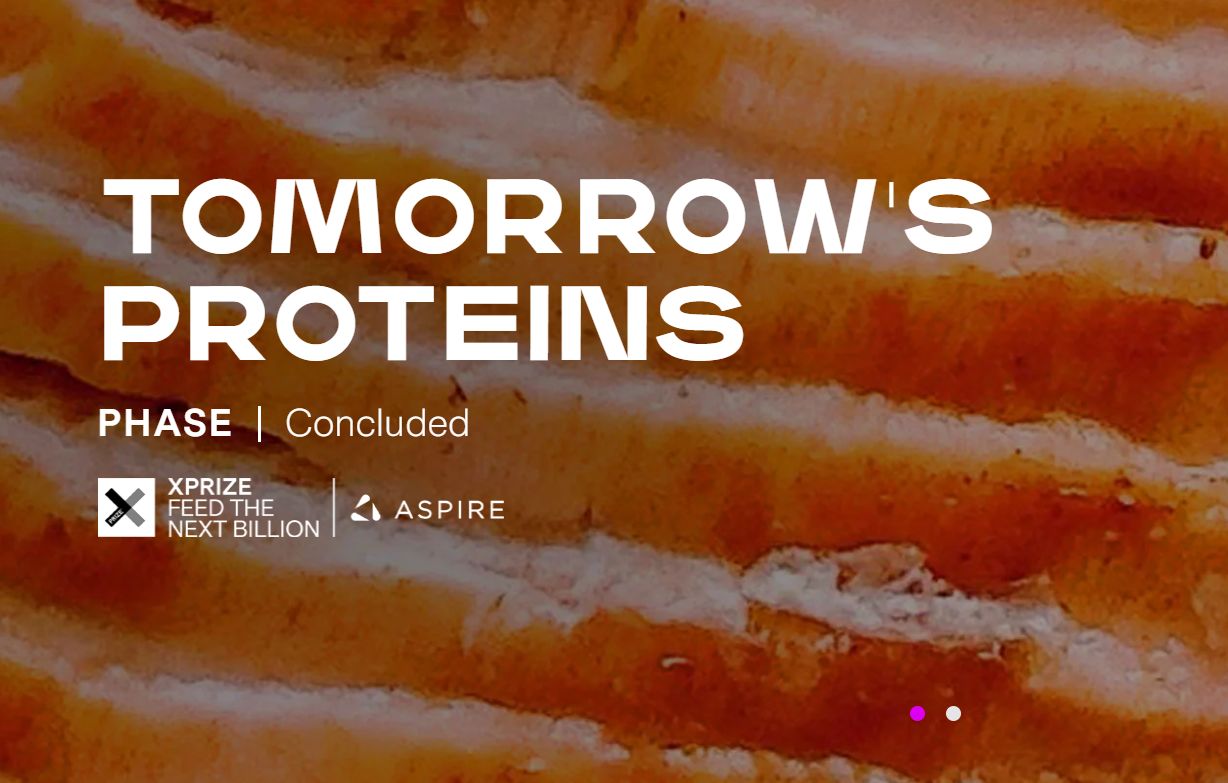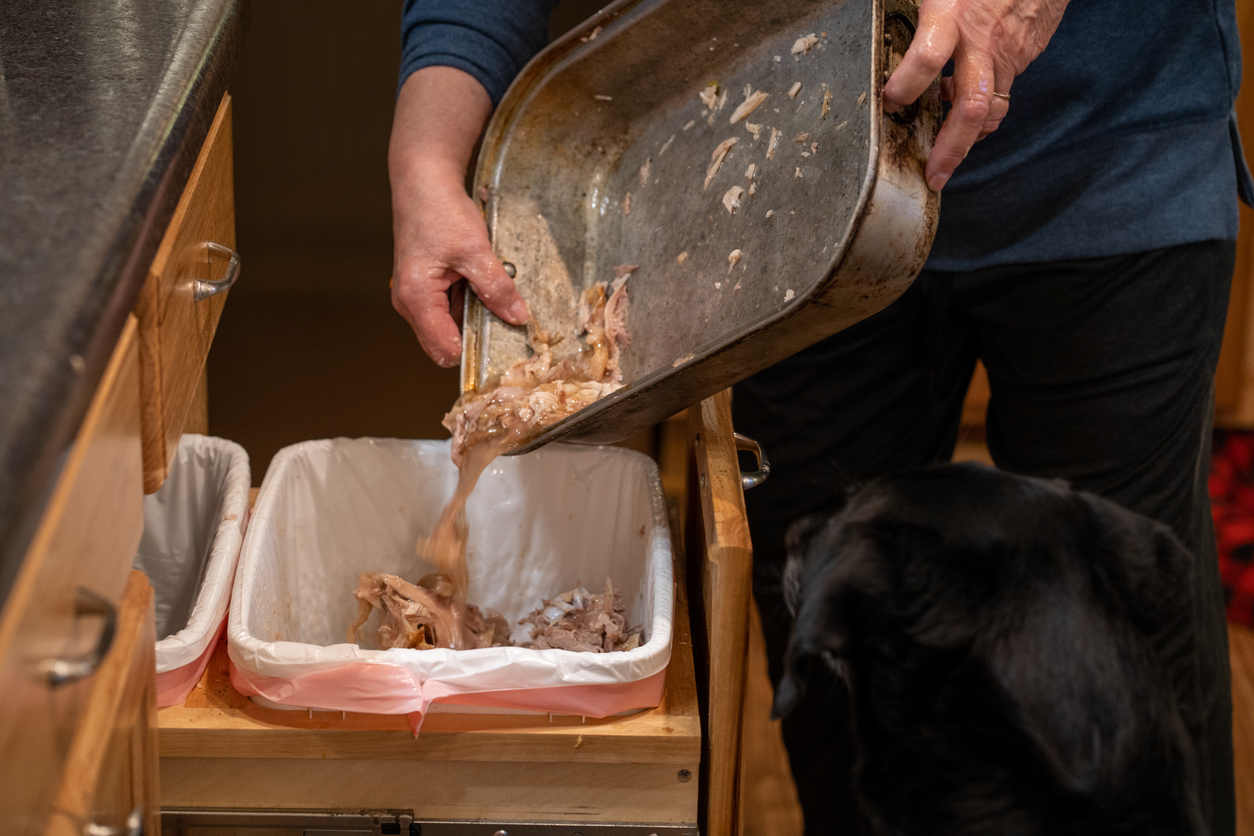Off the back of her now-infamous United Nations sermon where she deemed free speech a ‘weapon of war’, it should perhaps come as no surprise to learn that away from the world’s glaring cameras and back in a more natural safe space amongst her bought-for media chums, Jacinda Ardern is wasting no time pursuing her ultimate ministerial objective before her time is up: the silencing of free thought and free speech.
Speaking at her June-founded Centre of Research Excellence for Preventing and Countering Violent Extremism event just this week (in Māori, the centre’s name is translated to mean ‘a country at peace’), no better a forum for progressive purity presented itself to propagate her Labour Party’s intentions to cut the fat off the online public square.
Calling for a ‘bespoke response’ to combat future terror threats, Ardern stated,
“A lack of resourcing, information sharing and the spread of sophisticated technology-enabled mis[information] and disinformation makes it difficult for people to tell fiction from fact. New Zealand is more polarised than ever, trust in the institutions of state is diminished, threatening the foundations of our liberal democracy.”
Of course, in her delusional, inculpable world, it is simply because people have had more access to ‘information sharing’, and not because of her targeted and discriminatory Covid policies, that New Zealand has become ‘more polarised than ever’—that’s how much of a professional gaslighter she actually is.
The centre itself, set up in direct response to the horrific crimes of the 2019 Christchurch mosque attacks, with the view of helping ‘build a more secure nation, and one which will also be empowered by knowledge, empathy, understanding and kindness’, is chaired by two long-time academics of Ardern’s own choosing, Professor Joanna Kidman and Professor Paul Spoonley.
Kidman, a mere sociologist and teacher of ‘Māori education’ at Victoria University of Wellington, has, one might be surprised to find (or not), no research background in violent extremism whatsoever. She does, however, like all good apparent-Marxists, have a particular fondness for work in the field of ‘decolonization studies’, having previously written a 2017 piece headlined,
Should we destroy the monuments of our colonial past?
Indeed, as a self-described ‘Settler-colonial racism researcher’ who declares rather witheringly that she is also ‘Doing stuff on violent extremism’ via her own Twitter bio (@JoannaKidman), it becomes fairly obvious, fairly fast, what kind of ideological, anti-white bias (collated very well in full here) has been rewarded to head up one of NZ Labour’s statement ‘national security’ programmes.
In co-direction with Professor Spoonley, a 40+ year veteran of academia whose research predominantly focuses on ‘Right-wing hate’ (and not much else), the picture could not be clearer in regard to where the centre, and where the government, believes almost all sources of ‘violent extremism’ stems from: right-wing whites.
The same message and same characters permeate everywhere throughout government-linked intelligentsia, including media-darling resource, ‘The Disinformation Project’, a domestic think-tank which has studied ‘misinformation’ and ‘disinformation’ in New Zealand since February 2020—suspiciously just one month before Ardern unleashed the country’s very first Covid lockdown and her own brand of ‘public health’ deception.
Led by Kate Hannah, a ‘cultural historian of science and technology who focuses on Covid-19, racism, misogyny, and the far right’, the website’s tagline perfectly illustrates the word salad workload the outfit often tends to partake, as it reads:
Studying information disorder ecologies.
Whatever that means.
In recent days, a video clip of Hannah from a local documentary film ‘exposing’ the ‘harms of disinformation’, titled, ‘Web of Chaos’, has been proactively shared on various social media platforms.
Rather remarkably, straight-faced, with not an ounce of irony, she goes onto correlate a seemingly causal link between what she calls ‘trad wife… white Christian’ women who browse certain mobile apps to simultaneously hold the central tenets of ‘white nationalism’. As she goes onto say,
“They use Pinterest and Instagram to draw in other women who are interested in interior design, children’s clothing, knitting, healthy food for children, and it does draw people in towards a set of white nationalist ideas.”
‘I mean it’s relatively easy to see’, she persists, ‘if you see a very beautiful, fair-skinned, blonde, or, red head child, with beautiful braiding in her hair and some flowers, just step back a little bit.’
Now, please, tell me, who sounds like the extremist, here?
The compassionate mother and housewife at home who enjoys cooking for her own children, or the single, childless career academic who believes such a past-time to be absolute evidence of extremism?
Let’s extrapolate this further: If the bar is set this low for what constitutes behaviours that have the potential to end in violent extremism, does it not follow that practically any behaviour can be constituted as ‘extreme’ by those with the power to deem it?
What kind of country does this look like? The one ‘empowered by knowledge, empathy, understanding and kindness’, as supposedly sought after, or one in which the likes of Hannah, herself, a barely recognisable figurehead within her own country, are given carte blanche oxygen and funding to disseminate the deeply divisive rhetoric they’re meant to help prevent?
Not exactly the recipe for a ‘country at peace’.
On what planet the joy of being a loving mother can be made out to be a warning sign of preemptive terrorism, one isn’t quite sure, but, in New Zealand, specifically, it goes some way to highlighting how dangerous the climate has become due to those clamping down on free speech — and freedom, in general — truly is.
Another head of the snake, Rebecca Kitteridge, the boss of New Zealand’s Security Intelligence Service (NZSIS), who also spoke at the centre’s second anti-extremism event, announced the release of a 22-page document entitled ‘Know the signs: A guide for identifying signs of violent extremism’, as if to suggest, rather crudely, Kiwis of all persuasion, wherever they maybe, may well be living amidst terror-rife communities on the verge of all-out explosion.
Fear breeds control.
Shamelessly urging the public, like some kind of Stepford Wives Stasi, to snitch on any fellow neighbours like dear old Agnes who one can only assume like to knit of a summer evening (heaven forbid), the document rather desperately goes onto include fifty ‘indicators’ as part of seven overarching ‘themes’.
One theme, called ‘Mindset and ideology’, details behaviours that ‘may indicate someone is developing or promoting a violent extremist ideology’, and includes the below bullet-point:
Develops a hostile ‘Us-Versus-Them’ worldview
Truthfully, it really does beg the question:
Does Jacinda Ardern’s ‘two-tier society’ policy in which she gleefully pitted vaccinated citizens against unvaccinated citizens, not forgetting to allow the former more day to day rights, not exemplify the very definition of an ‘Us-Versus-Them’ worldview?
And if it does, shouldn’t she now be on some kind of watch-list?
Kitteridge, a long-held believer of the premise that ‘white supremacy is on the rise’, went onto outline her concern regarding the ‘sudden rise in anti-authority violent extremism’, using both the 2019 attacks and the anti-mandate parliamentary protests of February this year as stark evidence of a much wider problem.
When one takes a look at the actual crime data, however, via the Ministry of Justice, such hyperbolic fears about growing tides of New Zealand-based brownshirts couldn’t be further from the truth.
Although the country is yet to enshrine a specific ‘hate speech’ law, much to the despair of an all-in media class who despise any speech that isn’t their own, Labour’s plans to do so are well under way ahead of the general election next year, before, it could be said, the very real risk of them losing the election itself; best to cram in every anti-speech statute whilst they still can.
That being said, laws on the books that do exist that perhaps encapsulate most forms of prejudicial behaviour, including harassment, threatening behaviour of others, and public order offences that ‘vilify or incite hatred’ based on ‘racial, cultural, religious or ethnic grounds’ do continue to be traceable.
Between 2020-2021 and 2021-2022 (up to June of this year), convictions of harassment stood at 110 and 111 charges per the population, respectively; threatening behaviour convictions stood at 3,640 and 3,329, respectively, a decrease of 311; and incitement of prejudicial hatred, just two and one convictions per annual period, respectively.
That is to say, in a population of five million people, just one conviction of ‘racial, cultural, religious or ethnic hatred’ was registered by the police last year.
Even when one looks at crime as a whole, including murder, attempted murder, manslaughter, assault, robbery, burglary, theft, trespass and property damage, which one must surely consider representative of criminal activity bathed in targeted ‘hate’, as well, if the statistics are to be believed, they all show a consistent drop-off in conviction rates over the course of the past few years, but especially within the timeframe of a supposed post-Covid rise in ‘extremism’.
Additionally, where violent and serious offences are concerned, the rates of charges and conviction more often than not show a higher rate of Māori incarceration, despite being a minority population.
Maybe this merely symbolises a distinct lack of judicial efficiency, or even injustice, but maybe it also symbolises that New Zealand, despite the best efforts of its most grotesque government officials and its very own murky media machine, is nowhere near the grip of a ‘white supremacist monster’ that doesn’t appear to exist.
Moreover, if Ardern’s establishment is genuinely worried about their country’s loss of ‘trust in the institutions of state, threatening the foundations of our liberal democracy’, perhaps she should first find a shred of integrity to self-reflect upon her own recent dives into the deftly extreme, alongside her own unabashed hiring of blatant ideological extremists, before she dare attempt to abolish the very cornerstone of liberal democracy as we know it.
Its survival isn’t predicated through a fight to sustain the ‘deteriorating global order’, as she references, but, whether she likes it or not, a fight to dismantle those, like her, working within it.
Source link
Author Jack





